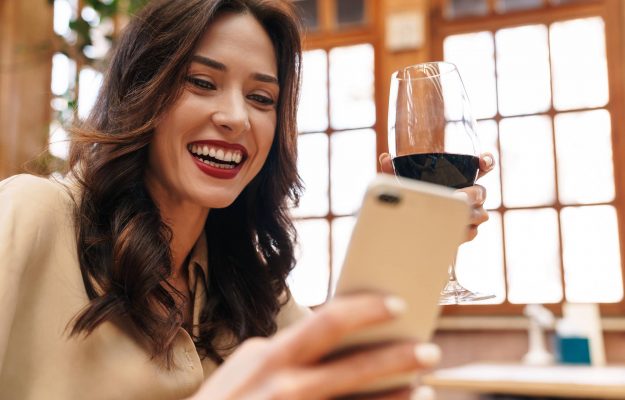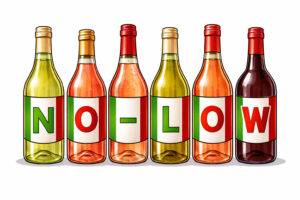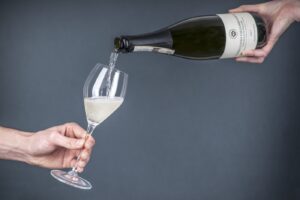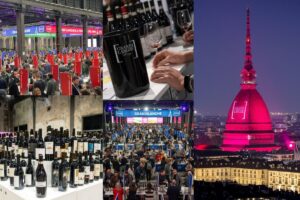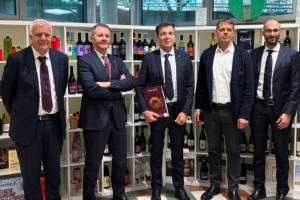It would indeed be interesting, but also rather frustrating, to keep track of the hours we spend listlessly reading posts and looking at photos on social media sites every day. The global average is 144 minutes a day. This is an enormous amount of time we spend, even though often it is a fleeting pastime to which we pay little attention, acknowledging that Twitter, Facebook, Instagram and TikTok have low credibility when it comes to serious matters. And yet, there is a river full of information and advertising flowing on social medias, often alleviated by influencers and their narrations. There are hundreds, if not thousands, of young people and not only, who make their everyday life - in which everything, literally, is consumption and product to promote - their work. It is a form of marketing and communication that inevitably will take root among the youngest audience, but which, and here is the surprise, has not yet been able to break through among young people, as the results of Wine Intelligence’s “Vintract” survey have indicated. The results show that the source from which the wine lover drinks, in China, in the USA and in Great Britain - that is, three of the main markets for wine consumption - is still advice from friends and work colleagues, definitely and permanently in first place.
These results do not at all mean that social networks are not carving out their own space in the hierarchy of the sources they draw from in consumers, but the space is limited to the younger generations, basically the Z Generation and, even more so, the Millennials. In China, globally, 43% of regular wine consumers indicated the most reliable source of information comes from friends, family and colleagues, followed by corporate websites of wineries (42%), and the same percentage was indicated for blogs, specialized websites and e-commerce advice. Only 34% of wine lovers have mentioned social networks as a reliable source. They are still behind percentage wise, compared to traditional channels, but the effects of social media can be explosive. For instance, in 2019, a 30-second live stream of Li Jiaqi, an influencer with 40 million followers on TikTok / Douyin, during celebrations for the Chinese New Year, permitted Great Wall to sell 120.000 bottles in the blink of an eye. Viya, known as “Queen of Taobao”, a live streamer followed by 17 million people did even better and sold 180.000 bottles during a live streaming session sponsored by Great Wall. As we mentioned before, the youngest people, especially Millennials, rely on the advice of influencers, since 46% trust online experts and 39% believe in social medias as a credible source of information, while the percentage collapses among the very young ( Z Generation) Chinese, at only 27%.
In the United States, 70% of wine lovers indicated their first source of information to choose what to drink comes from friends and family, but 40% of consumers admit they also trust social medias to find information and recommendations about which wine to buy. Among the very young (Z Generation), this percentage increases to 52%, almost double that of their Chinese peers. It is moreover interesting to note that the credibility of social medias among Millennials is just above the average: 44%. “When the goal is to reach wine consumers to create awareness of a winery, or educate them about a wine region, we work with "wine influencers"; that is, wine enthusiasts that have varying degrees of winemaking experience and education, whose audience is looking for advice on wine”, Mar Barbera, senior influencer and marketing strategist of the public relations agency, Colangelo & Partners, explained to Wine Intelligence. “When we aim to reach a younger audience, who do not know wine, we mainly collaborate with lifestyle influencers who know wine, young people that have desirable lifestyles and an obsessive attention to aesthetics, who post about the places they visit, about the restaurants they love or the products they like. Their followers are open to these recommendations because they trust their taste and often aim to emulate them”.
While young Americans are paying more and more attention to social medias, influencers and other sources of information online, their peers in the United Kingdom are continuing a more traditional approach to the wine world. Overall, only 29% of British wine lovers turn to social networks for advice about wine. And, the percentage is no different between Millennials and the Z Generation. Furthermore, the level of trust in the information provided by a wine blogger or an online wine expert is 40%, while instead, friends, family and colleagues (75%) remain by far the most reliable sources of information for UK regular wine drinkers. All in all, the phenomenon of influencers, and more generally the weight of social networks on wine consumption, is not far from becoming dominant. It is a trend that should not be taken lightly, and with which wineries, even Italian ones, must necessarily be able to relate, because in the US - as we have seen - one in two young people listen to the advice that runs on Facebook, Instagram or TikTok, and in China, it takes relatively little to boost sales.
Copyright © 2000/2026
Contatti: info@winenews.it
Seguici anche su Twitter: @WineNewsIt
Seguici anche su Facebook: @winenewsit
Questo articolo è tratto dall'archivio di WineNews - Tutti i diritti riservati - Copyright © 2000/2026










